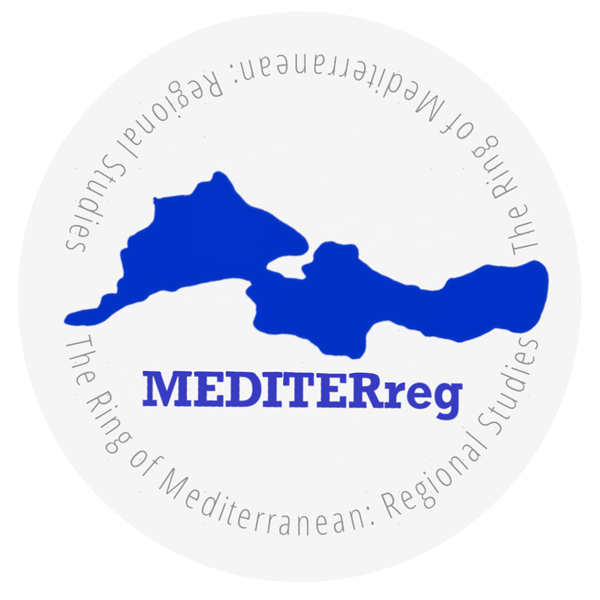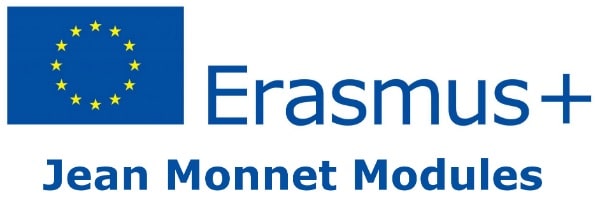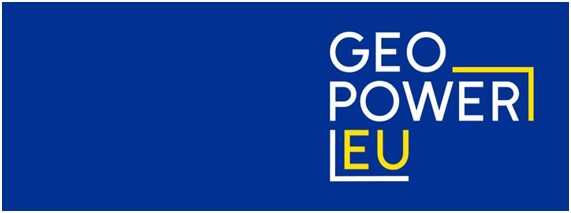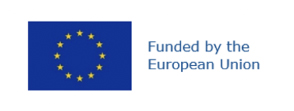

101047919 — The ring of Mediterranean: Regional Studies — ERASMUS-JMO-2021-HEI-TCH-RSCH (AGREEMENT NUMBER – 101047919 — The ring of Mediterranean: Regional Studies)
Project acronym: MEDITERreg
Project duration: 1 March 2022 – 28 February 2025
EU funding instrument: EU-funded ERASMUS+ Programme, Jean Monnet, with the support of the European Neighbourhood Instrument
Target groups: ONU students and exchange students, students, young researchers, and professionals from the EU, Mediterranean countries and Ukraine, group of beneficiaries includes ONU teaching staff members, and the broader teaching community in Ukraine and Mediterranean countries
Grant holder: ODESKIY NACIONALNIY UNIVERSITET IMENI I. I. MECHNIKOVA
Project сoordinator: email: This email address is being protected from spambots. You need JavaScript enabled to view it.
Project goals and specific tasks: Revised course “Country Studies through Language”; new courses “Regional Studies”, “EU policy towards Mediterranean region”, “Regional Politics and Security in the Southern and Eastern Mediterranean”, and “Migration Process in Mediterranean”; new MOOCs “Regional Studies”, “EU policy towards Mediterranean region”, “Regional Politics and Security in the Southern and Eastern Mediterranean”, and “Migration Process in Mediterranean”.















